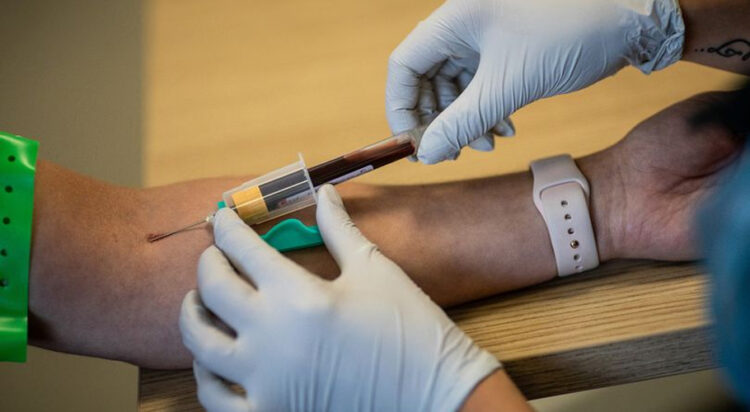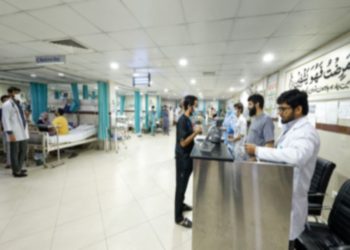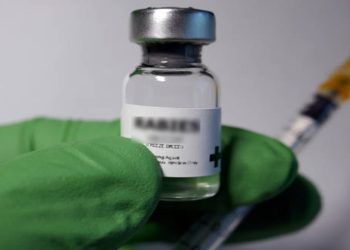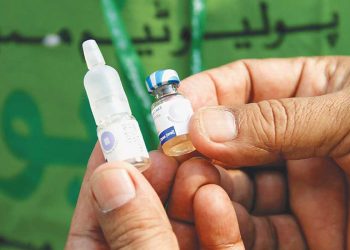A groundbreaking new blood test has emerged, capable of predicting the recurrence of breast cancer up to three years before conventional scans can detect any tumors. This development is hailed as remarkably promising, offering a potential means to enhance the chances of permanent recovery for countless women affected by the disease.
With over 2 million women being diagnosed annually, breast cancer stands as the most prevalent form of cancer worldwide. Despite advancements in treatment, recurrence remains a significant concern, often presenting at more advanced stages upon return.
However, recent research unveiled at the prestigious American Society of Clinical Oncology annual meeting in Chicago suggests a personalized liquid biopsy could revolutionize early detection of cancer recurrence. Initial trial findings indicate that this innovative test may serve as an early indicator, guiding the decision on preventive therapy for some while sparing others unnecessary treatment.
The test functions by detecting minute traces of cancer DNA in the bloodstream, exhibiting an unprecedented level of sensitivity. Trial outcomes demonstrate its capability to accurately predict cancer recurrence months or even years before conventional symptoms manifest.
Researchers at the Breast Cancer Now Toby Robins Research Centre in London have successfully identified every participant in the trial who later experienced a relapse. The average lead time to relapse was 15 months, with the longest being 41 months.
Simon Vincent, Director of Research at Breast Cancer Now, expressed profound enthusiasm about these findings, highlighting the potential to significantly improve outcomes through early detection. He emphasized the importance of catching cancer recurrence early, as it greatly enhances the likelihood of successful treatment before metastasis occurs.






































